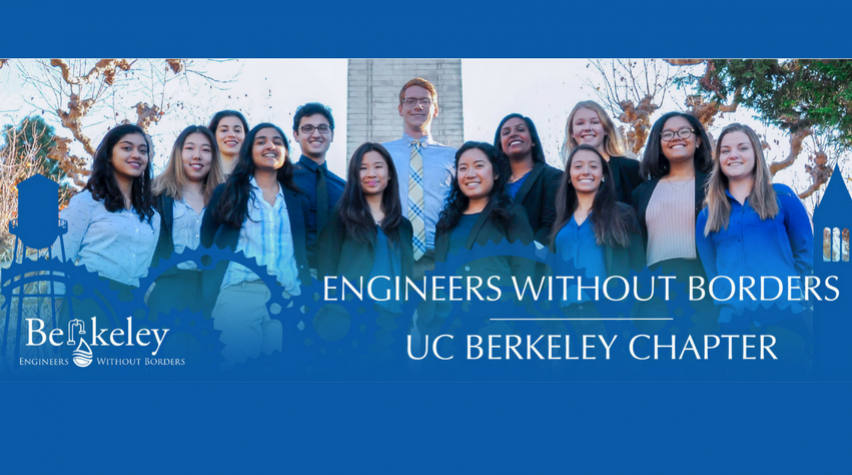
The AIChE Foundation funds an amazing project called the AIChE Chemical Engineering For Good (ACE4G) Challenge. The organizers behind it are the Global Societal Initiatives Committee with the support of the International Committee, the Student Chapters Committee, and the Sustainable Energy Forum. Below, we announce this year's winners. This annual challenge is open to all U.S. and international AIChE student chapters. To learn more about the program, see the links below.
AIChE Chemical Engineers for Good Challenge (ACE4G)
Global Societal Initiatives Committee
How Chemical Engineering Can be Applied to Solve World Problems on a Micro Scale
For this year’s challenge, the participants submitted technical proposals for an underutilized technology, or toolkits that others might use to select between a set of possible technical solutions. Teams competed for cash prizes ($3000, $2000 and $1000 for the top three teams).
- 15 teams from around the world competed, including seven international student chapters from China, Pakistan, Brazil, Kazakhstan, and Columbia. Teams were provided a tutorial on economic, cultural, and technical sustainability concerns for international projects. The AIChE student chapters were also encouraged to collaborate with other organizations, such as Engineers Without Borders (EWB), that have experience in executing these types of projects, and many did.
- Proposals included a wide ranged of solutions, including using orange peels to remove mercury from drinking water; creating pelletized biomass fuel; utilizing rusted iron to remove arsenic from drinking water and soil; increasing the shelf life of produce by inhibiting the ethylene response; creating an inexpensive reusable sensor for solar disinfection of water; and building membrane bioreactors.
And The Winners Are...
First Place: University of California Berkeley AIChE
"Simple Iron Matrix Filter for Use in Arsenic Remediation." The team propose including rusted scrap metal as the top layer in a water filter to remove arsenic from drinking water. They are implementing this solution in the small community of Carancas, Peru.
Second Place: Case Western Reserve AIChE
"Reusable Solar Water Disinfection Sensor." This team describe a very simple, reusable, inexpensive chemical photosensor device that can make disinfecting water much safer and practical. Home-scale solar disinfection of water (SODIS) is the practice of putting raw water out in the sun and leaving it there, a technique used throughout the world. The amount of time required to complete the disinfection is a function of cloud cover, bottle properties, and the contamination level in the raw water. Current practice is to just define a fixed waiting period. This sensor allows the consumer to know with confidence when the water is truly safe to drink, just by checking for a reversible color change in the sensor.
Third Place: Missouri University of Science and Technology AIChE
"Toolkit for Water Purification Projects." This team provided background and guidelines to help others select the best disinfection technology for their particular project.
Submissions for the ACE4G 2018 Challenge will be accepted in September.
For more information contact Alan Zagoria, GSIC, alzagoria@gmail.com



Comments
It was a very enriching experience for all of us who work in our submission. We hope to continue improving and making a better world since our career.